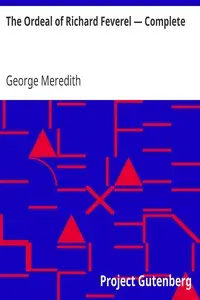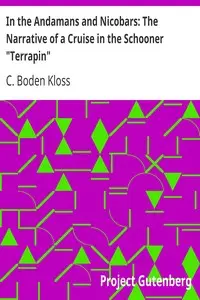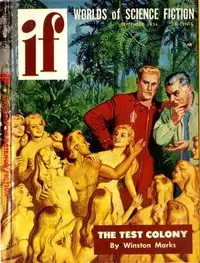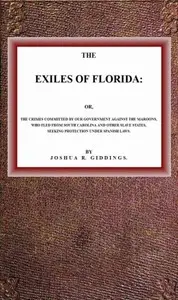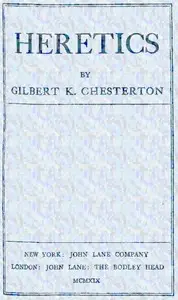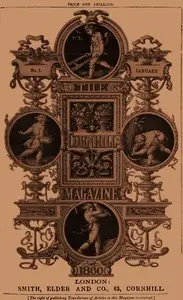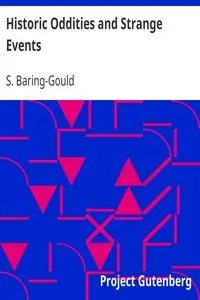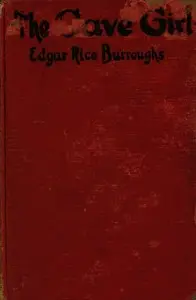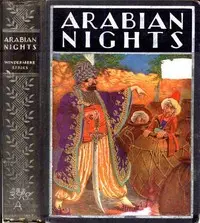"One of Our Conquerors — Volume 3" by George Meredith is a novel written in the late 19th century. This work delves into themes of human nature, society, and the interactions between individuals, with a particular focus on characters grappling with their place within the social order and their personal aspirations. Key figures include Victor Radnor, a wealthy and influential man, and various acquaintances who embody contrasting perspectives on life, ambition, and the complexities of relationships. The opening of the novel introduces a dialogue about the tension between "Nature and Circumstance," contemplating the struggles and moral quandaries faced by the characters. As Victor reflects on his position and society's expectations, he is juxtaposed with characters like Dudley Sowerby and Colney Durance, each representing different societal roles and values. The text hints at Victor's internal conflicts regarding his relationships, particularly with Nataly, and the looming social event at Lakelands, which promises to be a significant gathering. These early chapters establish the intricate dynamics of personal and social obligations in Victorian society, setting the stage for the unfolding drama. (This is an automatically generated summary.)

One of Our Conquerors — Volume 3
By George Meredith
"One of Our Conquerors — Volume 3" by George Meredith is a novel written in the late 19th century. This work delves into themes of human nature, socie...
George Meredith was an English novelist and poet of the Victorian era. At first, his focus was poetry, influenced by John Keats among others, but Meredith gradually established a reputation as a novelist. The Ordeal of Richard Feverel (1859) briefly scandalised Victorian literary circles. Of his later novels, the most enduring is The Egoist (1879), though in his lifetime his greatest success was Diana of the Crossways (1885). His novels were innovative in their attention to characters' psychology, and also portrayed social change. His style, in both poetry and prose, was noted for its syntactic complexity; Oscar Wilde likened it to "chaos illumined by brilliant flashes of lightning". Meredith was an encourager of other novelists, as well as an influence on them; among those to benefit were Robert Louis Stevenson and George Gissing. Meredith was nominated for the Nobel Prize in Literature seven times.


